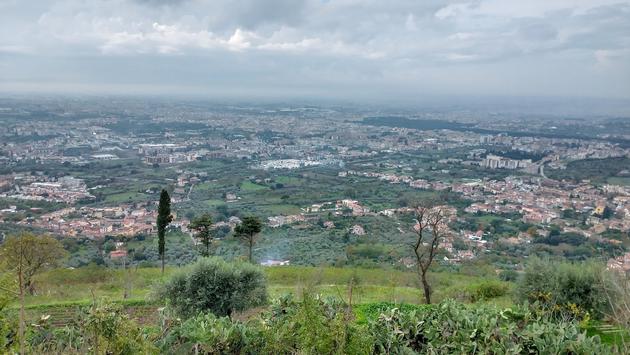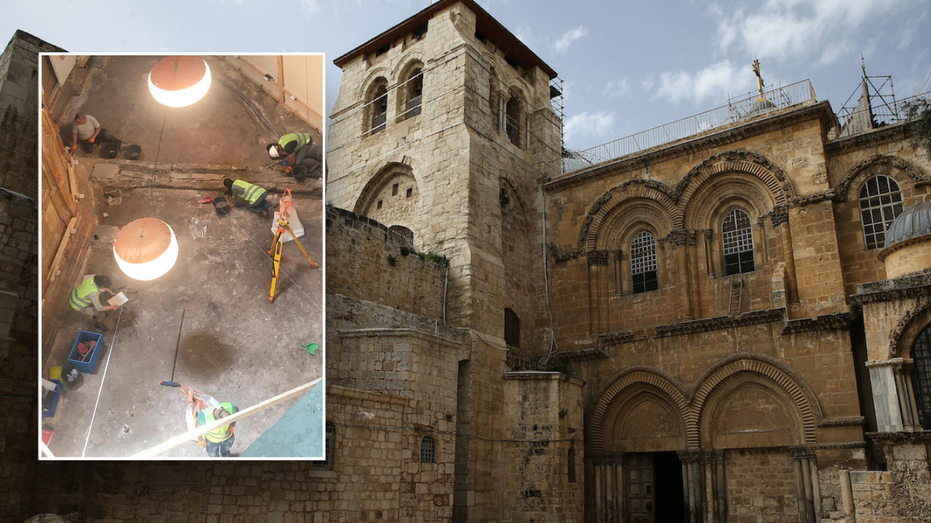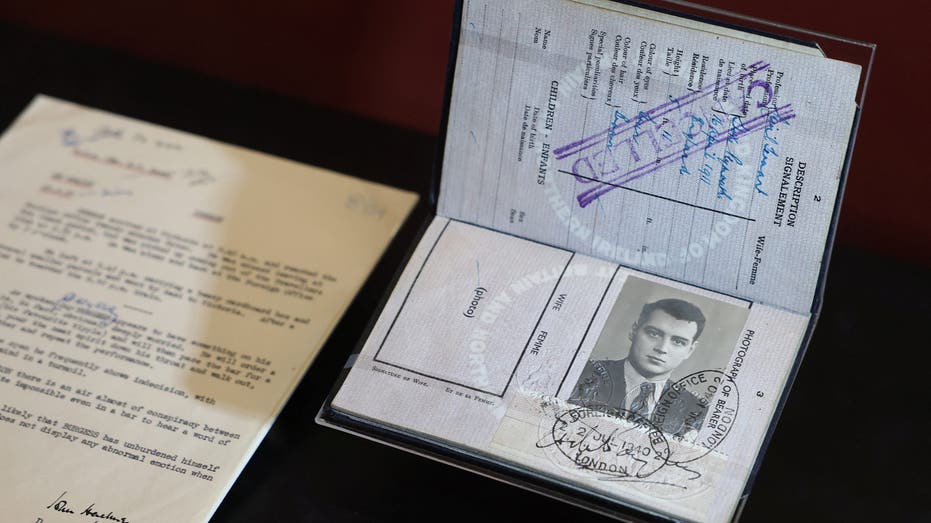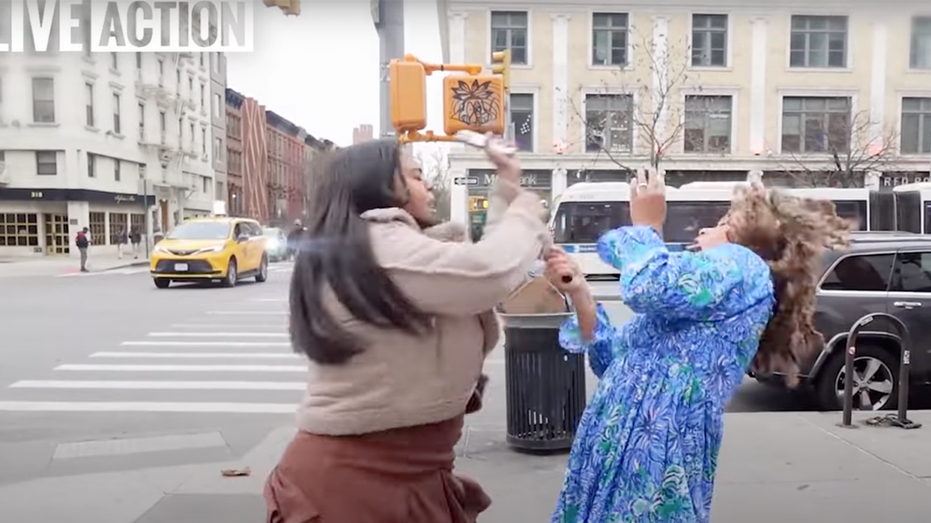- by foxnews
- 05 Apr 2025
Caserta, Italy in the Slow Food Fastlane
Southern Italian Campania takes a movement to the people.
- by travelpulse
- 03 Dec 2021
- in travel

One floor above, at the Plaza Castera Hotel there was a parallel private sector event putting legs to the responsible tourism creed. Local Italian inbound tour operators met with buyers from a dozen countries, while just across the way were Italian winemakers, olive oil producers and other culinary purveyors. It was the harmonious nexus for a region hoping to pivot toward a circular, lower impact tourism economy post-COVID.
In the post-COVID world, it is a tourism model whose time has come (once again). And what better locale to see its fruition than the southern Italian region of Campania. Far beyond how Napoli gave the world pizza, food choices we make while traveling affect the world around us. All spheres of life are impacted by how we eat. Culture, politics, agriculture and the environment are all in one basket when it comes to how food is cultivated, distributed and enjoyed.
Take for example the Mozzarella and Buffalo Ricotta, PDO Caserta. Production is said to have begun in the 12th century and is today under a strict production regimen (PDO is a type of Geographical Indication of the European Union, and the UK aimed at preserving the designations of origin of food-related products). Or Conciato Romano cheese, made in Castel di Sasso (a short drive north of Caserta), created here to preserve a protein source during summer months when sheep do not produce milk. Further north is the town of Alife, renowned for onions - sweet, intense and aromatic in taste.
Slow food, a movement started in 1989, will certainly become a critical sustainable travel niche that the world will need more and more. The Campania region is a sweet spot, where product, policy and a sustainable tourism experience take you from field to fork in the Italian countryside. Ask your favorite US tour operator about these and other Italian Slow Food experiences.
- by foxnews
- descember 09, 2016
Excavation near site where Jesus was crucified and buried results in ancient discovery
Proof of ancient olive trees and grapevines, consistent with a Bible verse, has been found at the Church of the Holy Sepulchre in Jerusalem, an archaeologist confirms.
read more




